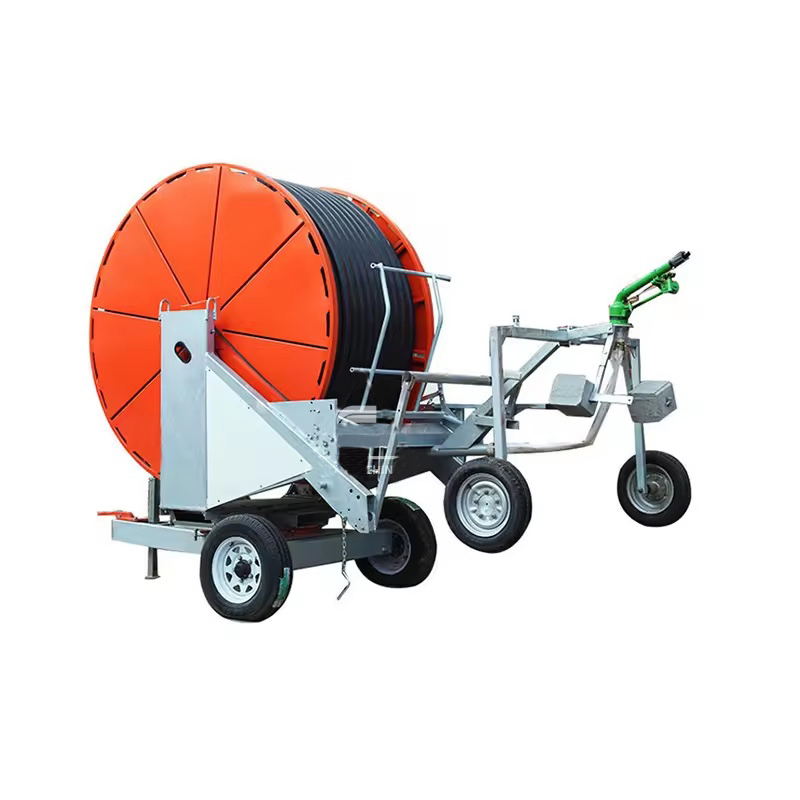In modern agriculture, efficient water management is critical for maximizing crop yield while conserving resources. Among the various tools available, lay-flat hoses have emerged as a versatile and practical solution for a wide range of irrigation challenges. Their unique design, durability, and flexibility make them indispensable in tackling the complex demands of large-scale and precision farming.
What Are Lay-Flat Hoses?
Lay-flat hoses are lightweight, collapsible pipes that are designed to transport water over long distances with minimal leakage or wastage. Made from durable materials like PVC or rubber, these hoses are engineered to withstand high pressure and harsh environmental conditions. Unlike rigid pipes, lay-flat hoses can be rolled up and stored compactly, making them ideal for mobile irrigation setups.

Get Best Quote
Key Benefits for Agricultural Irrigation
- Versatility: Lay-flat hoses can be used for various irrigation methods, including drip irrigation, sprinkler systems, and flood irrigation. They are suitable for transporting water from pumps, reservoirs, or wells to fields of different sizes.
- Durability: High-quality lay-flat hoses are built to resist UV damage, abrasion, and chemical exposure, ensuring a long service life even in tough conditions.
- Ease of Handling: The lightweight and collapsible design simplifies transportation, deployment, and storage, saving time and labor costs during seasonal operations.
- Cost-Effectiveness: Lay-flat hoses are more affordable than rigid pipelines and offer the flexibility to reconfigure irrigation layouts as needed without incurring additional expenses.
- Water Efficiency: When paired with precision irrigation techniques, lay-flat hoses can significantly reduce water waste, ensuring that crops receive the right amount of hydration at the right time.
Applications in Agriculture
Lay-flat hoses are widely used for delivering water to drip irrigation systems, distributing fertilizers, or even draining excess water from fields. They are particularly effective in hilly terrains or remote areas where traditional pipelines may not be feasible.
Maintenance Tips
To ensure long-term performance, it’s essential to store lay-flat hoses in a cool, dry place and inspect them regularly for cracks or leaks. Cleaning them after each use can also prevent blockages caused by sediment buildup.
Conclusion
Lay-flat hoses represent an efficient and reliable solution for meeting the irrigation challenges faced by modern farmers. With their durability, adaptability, and ease of use, they are transforming agricultural practices and helping farmers achieve better results with fewer resources.
Let me know if you’d like further details or revisions for this piece!




